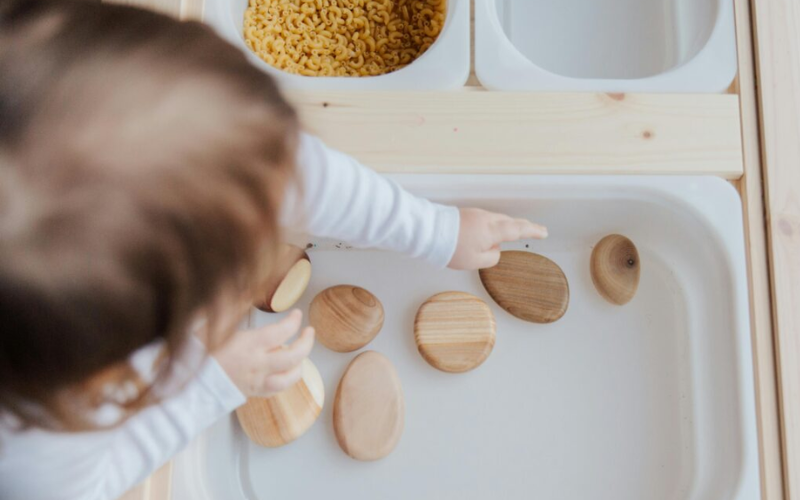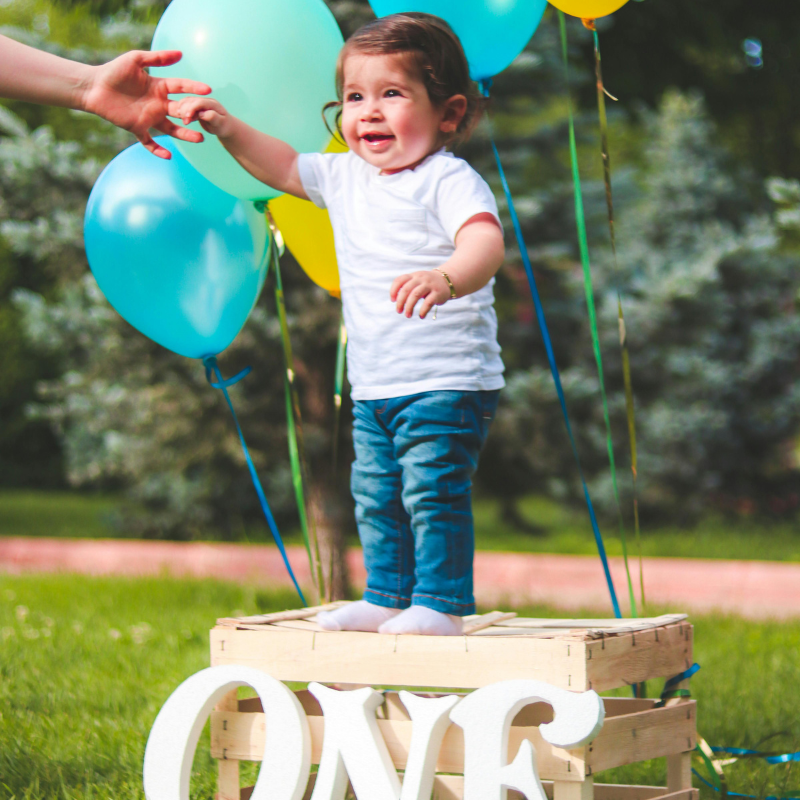The arrival of a new baby is one of the most exciting and overwhelming experiences for your family. As a mom, I know you are constantly worried that he is growing the way he is supposed to. Your baby’s motor skills are one of the most critical areas of development to monitor, from lying prone to crawling and then walking. These benchmarks reflect physical growth and serve as indicators of your baby’s cognitive and social child development. In this guide, we will outline the monthly Baby Motor Skill milestones you can expect from your little ones within their first year, providing insight into their development and how you can support it.
Why Parents Like Baby Motor Skills?
Motor skills are the abilities required to move and control the body. These may be further classified into two groups: gross baby motor skills, which would include large movements with the limbs, hands, or feet, or the body as a whole (e.g., crawling, walking, or fine motor skills), which are subtler things that the hands and fingers do, such as gripping or manipulating objects. Skills such as these are essential, as they are not only the foundation for others but also the basic training missions and terrains for higher ranks. Over the first year, babies start to develop these abilities in stages. From basic reflexes to more thoughtful movement.
Birth To 3 Months The Early Stages

In the first three months, your baby will primarily exhibit reflexive movements such as sucking and grasping. Gradually, they will gain more control over their movements. Giving them the freedom to raise their head and chest during tummy time. This is the stage where they need to work those neck and upper body muscles. We can begin to foster these early motor skills by encouraging tummy time and offering stimulating toys on a line of sight.
4 to 6 Months Gaining Strength And Coordination
At this point, your baby will undergo significant changes in both strength and coordination. You might see your baby starting to roll over from their tummy to their back — and back again. This is an exciting time as your baby begins to see the world from new angles. To support this new Baby Motor Skill, consider using a baby floor mat to provide a safe and comfortable space for practice. Additionally, your baby will work on sitting up with support, which will help enhance their core strength. Encouraging playtime with colorful toys on their baby floor mat can also promote hand-eye coordination as they reach for and grasp objects.
7 To 9 Months Sitting, Crawling and More

By 7 to 9 months, babies often master sitting without support, showcasing improved balance and muscle strength. This newfound independence opens the door to crawling, which may start as scooting or army crawling before transitioning to the classic crawl. Encourage this mobility by placing toys just out of reach to motivate movement. You might also notice your baby beginning to pull themselves up to stand, using furniture for support. This is a critical time to baby-proof your home, ensuring a kids safe from summer break exploration environment. Observing your baby’s attempts to communicate through gestures and sounds becomes more prominent. Marking cognitive advancements alongside physical ones.
10 To 12 Months Standing And Taking First Steps

In this final stage of their first year babies often amaze their parents by starting to stand unassisted and taking their very first steps. This significant milestone highlights their increasing muscle strength and coordination. To encourage walking, create a safe open space to practice moving without obstacles. Soft supportive footwear can also assist in this developmental phase, providing protection and grip for those tentative steps. Engage with your baby by holding their hands to support early walking attempts, celebrating each small achievement to build confidence and encourage further exploration and independence in their motor skill journey.
Tips for supporting your baby’s motor development
Provide a rich environment filled with toys that encourage reaching, grasping, and movement. Play interaction involves singing songs and gently moving the infant’s limbs through a range of different movements. Continue to position your baby in various positions to build muscle strength and develop flexibility. Provide plenty of supervised tummy time for your baby to build strength in his neck and upper body. Ensure your baby can move and explore safely in a secure playpen. Praise them for every small accomplishment so that they feel good and are encouraged to continue improving.
Consider keeping a baby book as you document your baby’s motor skill milestones. This cherished memento proclaims the name of the big day while the baby has fun at their 1st birthday party. Seeing every little thing is a reflection of your baby’s growth and your loving care. All babies are unique and will surpass these milestones at their own pace. Acknowledge and honor every part of their process. You are the love and encouragement they need to blossom.


